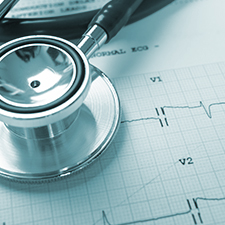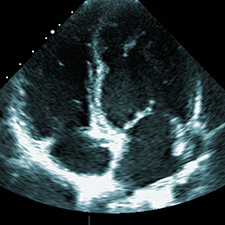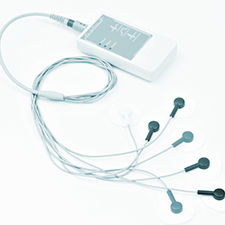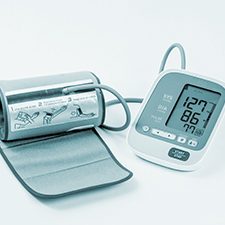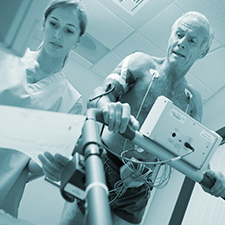Cardiac Tests
PATIENTS: Please contact your GP first as you need a letter of referral before you can avail of a cardiac test. Your GP will then contact us and an appointment will be arranged for you.
- High quality cardiac tests such as ECGs, echo tests & pre-exercise screening
- Direct patient referral through this website
- All tests performed in-house by accredited cardiac physiologists
- Test results reviewed by Dr Owens, Consultant Cardiologist
- Reports issued in 48 hours
- Direct consultation with GP, in instances of urgent findings
- Reasonable, affordable fee structure

